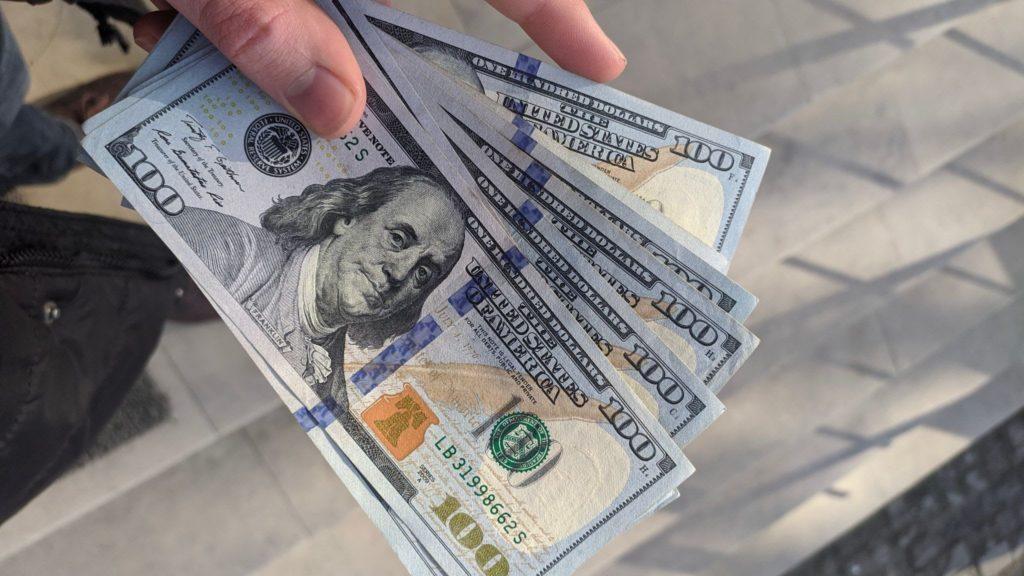New data from the Labor Department reveals that consumer prices in the United States have increased at the slowest pace in about six months, hinting that inflation has possibly peaked. While inflation may not continue to rise, it will likely remain high for a bit as the economy continues to face many different issues, many of these problems affecting supply in the U.S.
According to new data from the Labor Department, the Consumer Price Index rose only 0.1% in August. This is the smallest rise in six months, since February 2021. In July, the Consumer Price Index rose about 0.3%. Meanwhile, the core CPI year on year basis increased by about 4.0% in July. In August, meanwhile, the overall CPI (including food and energy components) rose 0.3%.
Many in the United States have been worried about rising inflation, for many reasons. Data has even shown that inflation has perhaps curbed consumer spending, and consumer confidence in the economy and labor market, in the past few months. While the Fed has consistently stated that they believe inflation has peaked, others were wary of this assessment.
However, now this latest data does seem to suggest that inflation may have peaked. While inflation will likely remain high for the foreseeable future, mainly because of supply constraints, it may not continue to rise.
Earlier in 2021, inflation started to rise as a result of a surge in good and service prices, mainly because of the increase in price of used automobiles. The production of cars has slowed down in the past few months because of the chip and raw material shortage affecting car manufacturing globally. Global supply chain bottlenecks have also affected the surge in car prices. The price of services in industries heavily impacted the pandemic also surged.
New data, however, seems to suggest that the surge in car prices will soon come to an end. While this is a huge positive for the auto industry, other industries still have some issues and problems ahead. For example, hotel accommodation services are higher in price than they were before the pandemic, which hints that there will be moderate gains ahead. This may not affect how consumers spend in these industries, or it may impact consumers. Consumers slowed down in car purchases earlier this year once prices began to surge, so the same may happen in these industries.
However, inflation does appear to be peaking according to this new Labor Department data, which is good news for the economy, and for consumers. There are still some major economic issues that need to be dealt with or slowly worked out for the economy to continue to grow at an accelerated pace, though. For example, the entire nation is still gripped in a huge labor shortage problem that has yet to truly work itself out, even though many economists forecasted earlier this year that it would. There are also huge raw material shortages impacting how many businesses can conduct their services. Finally, global supply chain bottlenecks have continued to affect business activity and inventory.
